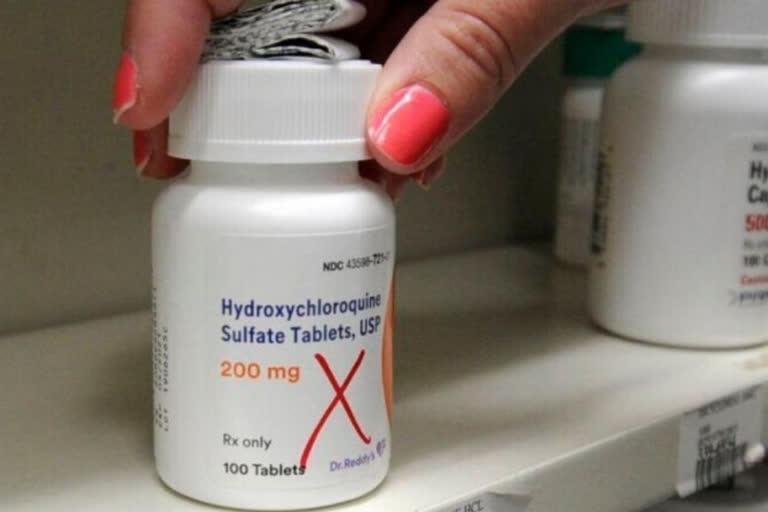Hyderabad:There is no cure for the novel coronavirus yet. The pharma industry has not come up with medication either. Efforts to develop a vaccine are still underway. In this context, some drugs used to treat other diseases have been proved to provide relief to COVID-19 patients.
As a result, the demand for such drugs has shot up. Some of them include anti-HIV, antimalarial and antibiotic drugs. India is home to the third-largest pharmaceutical industry in the world. In fact, the India's pharma industry has expanded in the past two to three decades. Right from developing countries like Africa to developed countries like the US, several nations are importing drugs from India.
In addition, India is the largest producer of antimalarial drugs. Many countries including the US, Brazil and Israel have requested India to supply hydroxychloroquine (HCQ). At the same time, we need to meet our domestic needs. Under these circumstances, national pharma companies have multiplied their production capacity. But here lies the problem.
Pharma companies face a shortage of key ingredients to meet the current demand. Companies in Andhra Pradesh and Telangana have almost emptied their reserves. Industry experts say that it is impossible to take on production unless ingredients are supplied. Local pharma companies are especially facing a shortage of Active Pharmaceutical Ingredients (API) required for HCQ production.
The pharma companies in Andhra Pradesh and Telangana primarily produce anti-HIV drugs, azithromycin and chloroquine. Currently, the demand for chloroquine is high. Local pharma companies are making hydroxychloroquine and chloroquine phosphate tablets as the drug has a high demand in domestic and international markets. But there are not enough APIs to meet the production requirements.
